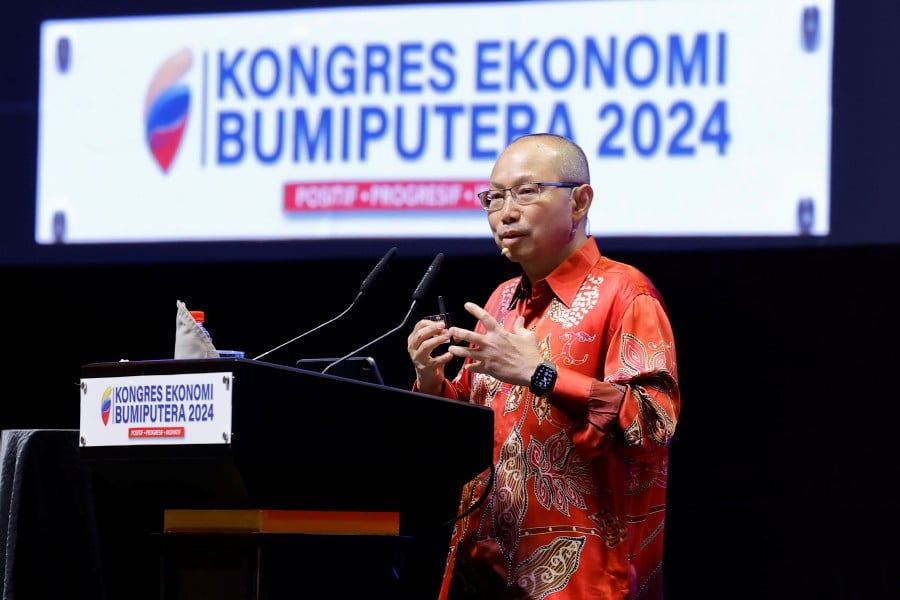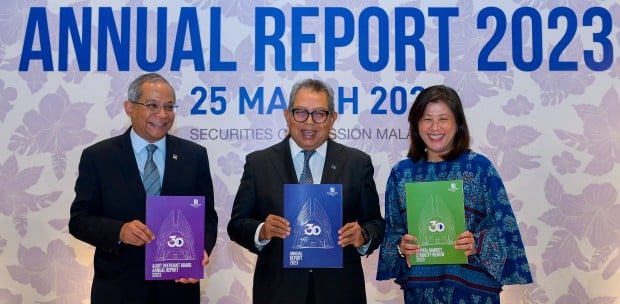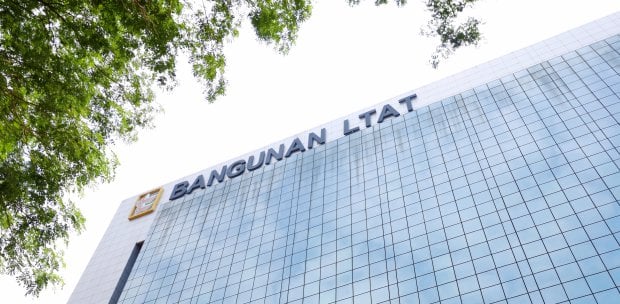PUTRAJAYA: Bursa Malaysia Chairman Tan Sri Abdul Wahid Omar proposed that all businesses, especially publicly listed companies, report their workforce diversity.
He said the proposal would entail companies disclosing gender, ethnicity and generation as part of their sustainability reporting, instead of the act being voluntary. This, he said, would help empower Bumiputera (indigenous Malaysians) to be more competitive while increasing income capacity and the percentage of skilled labour.
He said the mandatory Diversity, equity and inclusion (DEI) disclosure would also encourage Malaysian companies to hire more Bumiputera, as a diverse workforce could attract more investment.
He said if Malaysian firms fail to demonstrate sustainability and inclusivity, it will affect foreign investor interest in local companies.
"It will encourage employers to hire more Bumiputera in corporations. Mandatory disclosure of ethnic diversity in aspects of DEI is one of the proposals to increase Bumiputera economic participation, a primary target set decades ago but has still not been achieved.
"But it should not be an obligation for private companies to hire Bumiputera. We only want them to disclose DEI reports because it will indirectly raise awareness in their workforce ecosystem," he said at the Corporate Mastery and Wealth Creation presentation at the 2024 Bumiputera Economic Congress here, today (March 1).
Abdul Wahid said the government should consider introducing an equitable opportunity policy to ensure all citizens, especially Bumiputera, are given equal opportunities for employment and business.
He said the proposal was necessary because Bumiputera wealth creation and corporate ownership were still lower compared to non-Bumiputera.
After six decades of Bumiputera empowerment policies, he said, there have been some achievements, especially in the increase of Bumiputera professionals. However, Bumiputera achievements in terms of income and wages are still low.
Abdul Wahid said the median household income of Bumiputera is 29 per cent lower than Chinese households, while the median formal employee wages of Bumiputera are 45 per cent lower than Chinese employee wages.
Equity ownership rates for listed and unlisted shares are also still low, at only 18.4 per cent in 2020 — far below the 30 per cent target.
Abdul Wahid said it is concerning that there is only one Bumiputera company out of the 97 listed companies on Bursa Malaysia since three years ago.
"This policy allows equality between races to be achieved and it is not marginalising any group. It is suggested that this policy be implemented first but if it is not effective, then steps to elevate it to an equitable opportunity act should be considered.
"This is to allow those who feel oppressed or do not receive equal business and job opportunities to complain to the authorities so that action can be taken against the involved companies."





